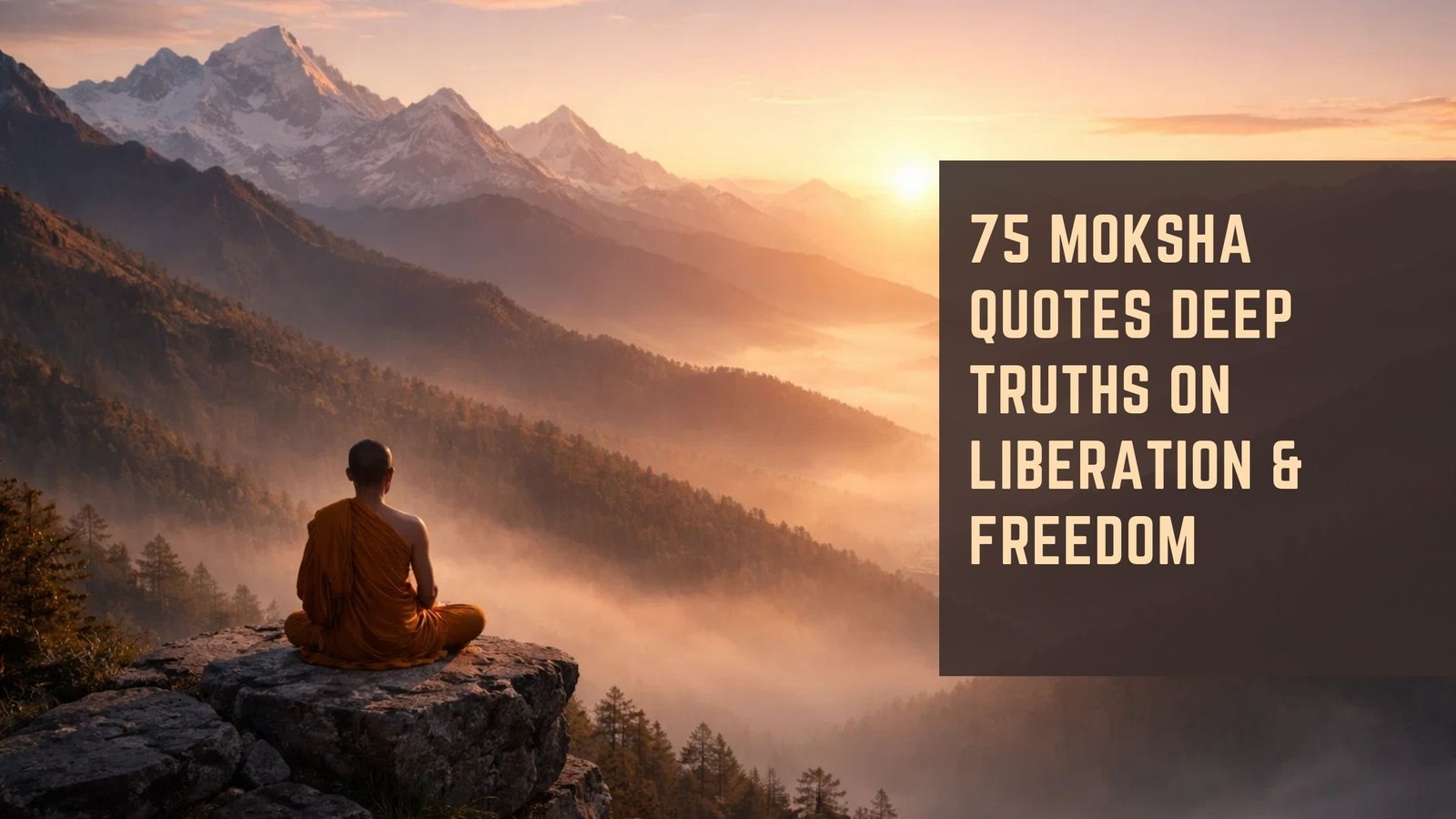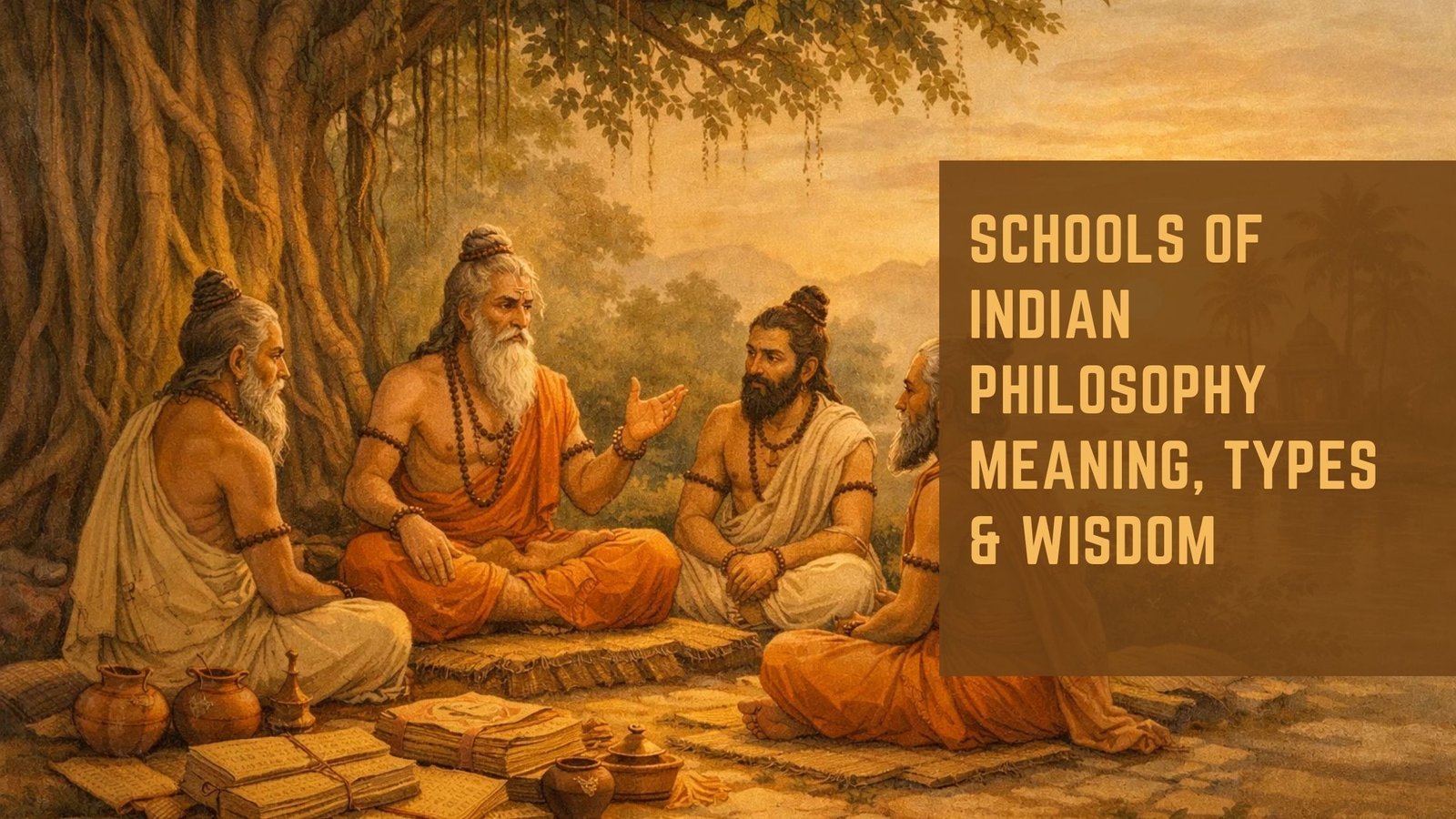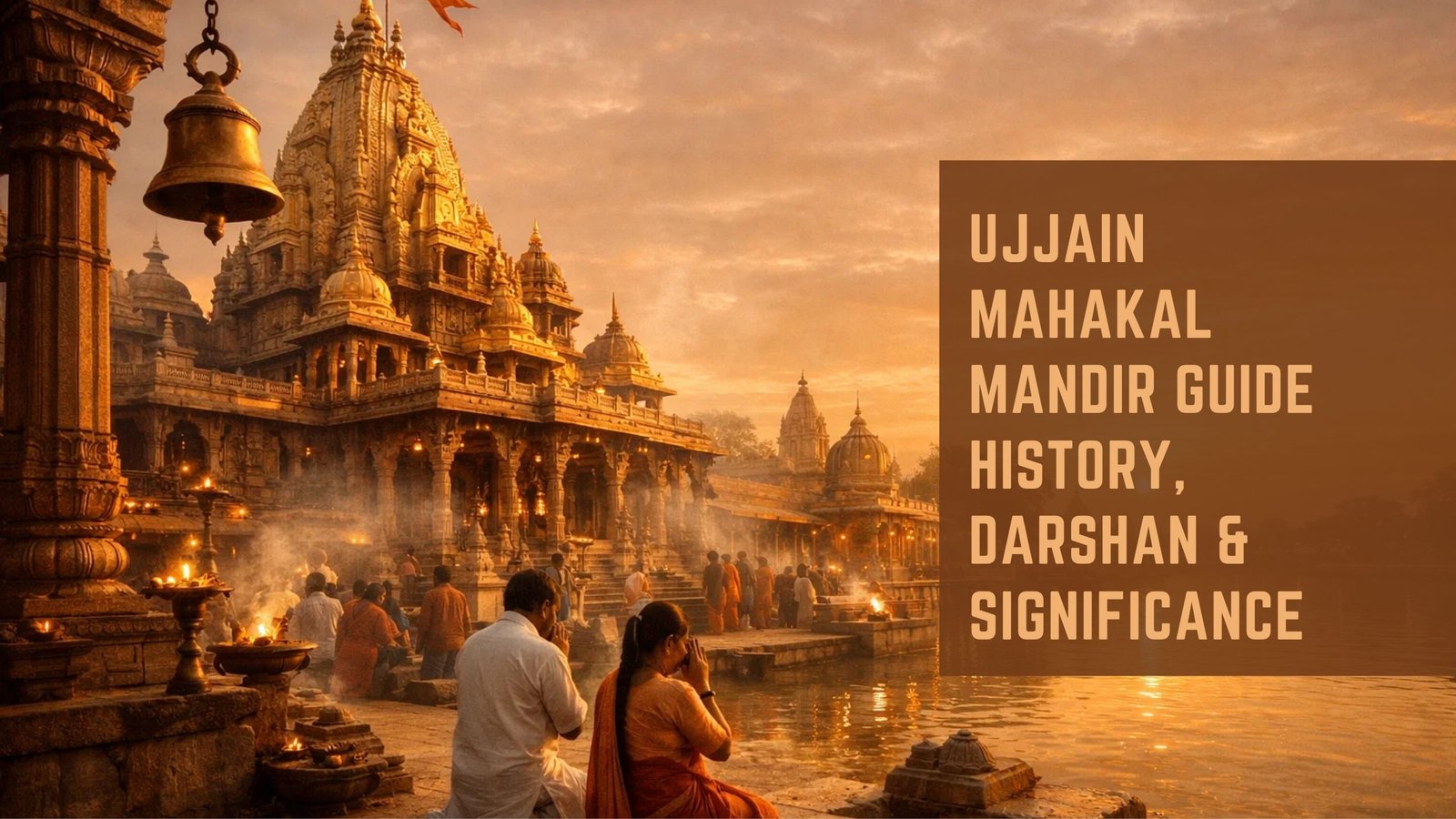“कालः कालो न याति न याति न याति। समयं नष्टं कदापि न लभ्यते।”
(Time never stops, never turns back. Once lost, time can never be regained.)
Among the most profound concepts in Indian philosophy is the idea of Kala, the Sanskrit term often translated as “Time.” But to reduce its meaning to mere clockwork would be to overlook its vast spiritual and cosmic significance. In the scriptures of the East, time is not just a sequence of moments—it is the very rhythm of existence, the force that governs creation, preservation, and dissolution.

Understanding Kala
Derived from the Sanskrit root “kal” (to calculate or measure), Kala is both quantitative and qualitative. It refers not only to the ticking of seconds but also to the mysterious, unfolding current of life.
Kala is seen as eternal, impartial, and beyond human control. In many spiritual traditions, it is considered an aspect of the Divine. It governs not only the lifespan of individuals but also the rise and fall of civilizations, the turn of seasons, and the cycles of cosmic ages.
Time as a Divine Principle
In the Bhagavad Gita, Lord Krishna makes a striking statement on Kala:
“कालोऽस्मि लोकक्षयकृत् प्रवृद्धो।”
“I am Time, the destroyer of worlds.” — (Gita 11.32)
This reveals a deep truth: time Kala is not just created by God—it is one of His manifestations. It is through this aspect that all beings experience the temporality of the material world.
Time moves forward silently, never pausing, never returning. Everything born within it—people, emotions, experiences—is subject to change, aging, and ultimately, dissolution.
The Cosmic Wheel
Hindu cosmology speaks of four great ages—Satya, Treta, Dvapara, and Kali Yuga—forming a perpetual cycle. These eras represent the waxing and waning of righteousness and human consciousness over immense stretches of time.
This rotating cycle, known as the Kalachakra, symbolizes that no state is permanent. Even the golden age must pass, just as darkness will eventually give way to light. Everything is in flux, and time is the charioteer of change.
Lessons from the Flow of Time “Kala”
1. Impermanence of All Things
Everything that arises must also fall. Power, beauty, wealth, and even relationships change with time. Recognizing this impermanence fosters humility and detachment.
“सर्वं कालकृतं हि लोके।”
(Everything in the world is shaped by time.)
The more we accept the transient nature of life, the more present and peaceful we become.
2. The Present Moment is Precious
While we often dwell on the past or worry about the future, wisdom lies in embracing the now. The present is the only point where life is truly lived and choices are made.
“Be in the now — for now is the only real time.”
In spiritual practice, great emphasis is placed on cultivating awareness of the present moment. It is here that transformation, growth, and inner peace are possible.
3. Time and Karma
Our actions bear fruit in due course. Just as seeds sprout in their season, so too do the effects of karma manifest at the right moment. Patience is essential.
“समय से पहले और भाग्य से ज़्यादा किसी को कुछ नहीं मिलता।”
(No one receives anything before its time or beyond what is destined.)
Trusting in the timing of life builds resilience and faith.
Mahakal: Beyond Time
In many traditions, Lord Shiva is worshipped as Mahakal, the one who transcends time. While everything else is bound by it, He stands as the eternal witness. His presence reminds us that the soul, too, is untouched by the ticking clock. Through self-realization, one can move beyond the limitations of time-bound identity.
Cultural and Global Perspectives
The reverence for time is not unique to Indian thought:
- In Christianity, Ecclesiastes reminds us: “There is a time for everything.”
- In Islam, time is viewed as a divine trust to be used wisely.
- In Buddhism, the illusion of time is a central insight, urging practitioners to wake up to the eternal now.
Across cultures, the message is clear: how we spend our moments determines the meaning of our life.
Reflections and Sayings
In English:
- “Time is the wisest counselor of all.” — Pericles
- “Lost time is never found again.” — Benjamin Franklin
- “Time reveals all things, for those who wait in silence.”
In Hindi:
- “समय का मूल्य समझो, क्योंकि वही जीवन का असली धन है।”
(Understand the value of time, for it is the real wealth of life.)
In Punjabi:
- “ਵੇਲਾ ਵੱਡਾ ਉਪਦੇਸ਼ਕ ਹੈ, ਜੋ ਸਭਕੁਝ ਸਿਖਾ ਦਿੰਦਾ ਹੈ।”
(Time is a great teacher, it teaches everything in its own way.)
Conclusion: Walking with Awareness
Time is a silent teacher, shaping every aspect of our journey. It is neither our enemy nor our Possession—it is our companion, quietly urging us to live fully, act wisely, and love deeply.
Let us not race against time, nor fear it. Instead, let us walk alongside it—grateful, mindful, and aware of its sacredness.
“समय के साथ चलो, समय से आगे नहीं।”
(Walk with time, not ahead of it.)
In doing so, we find harmony with the rhythm of the universe and open ourselves to the timeless truth within.
Want to explore more timeless wisdom like this?
Discover powerful insights and reflections in our Life Lessons from the Gita collection. Let the eternal teachings of the Gita guide your journey through time.












